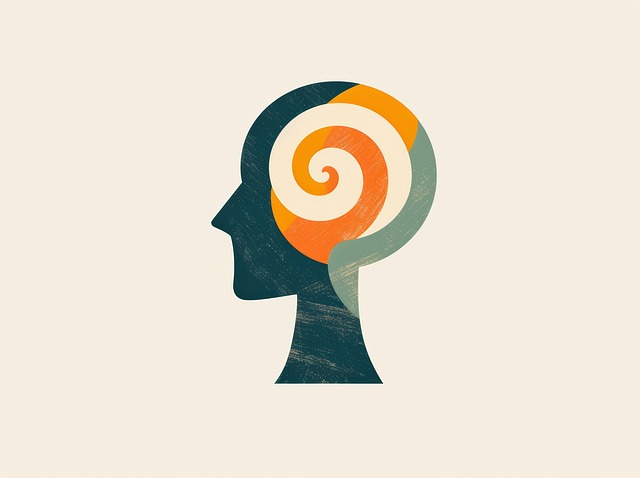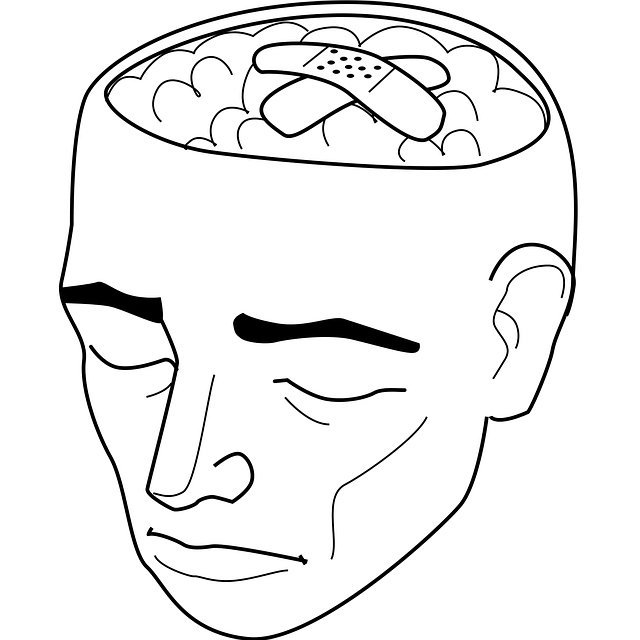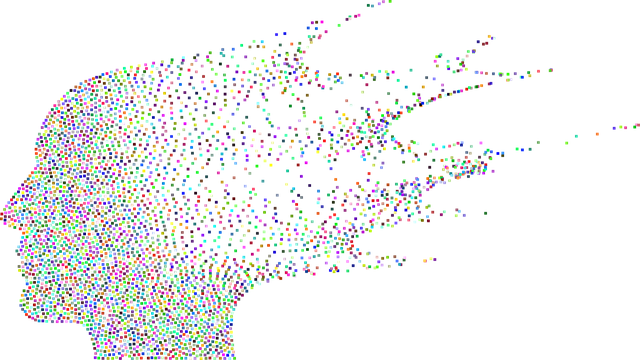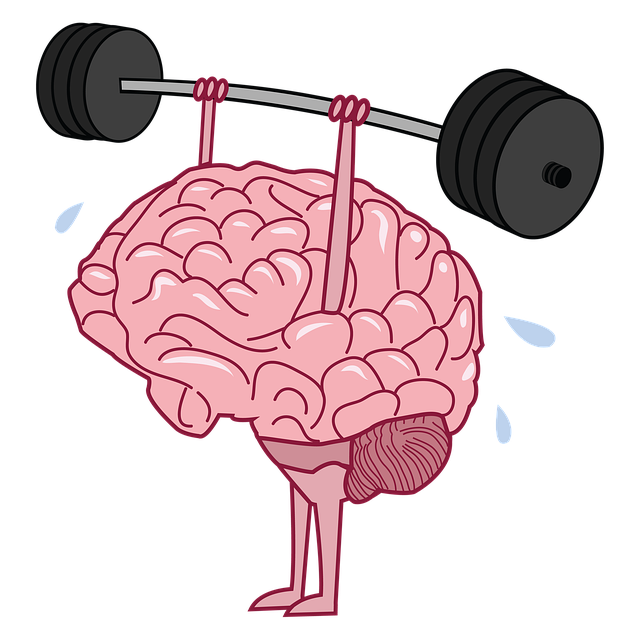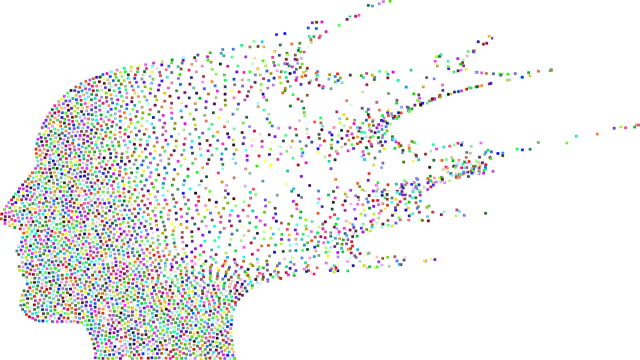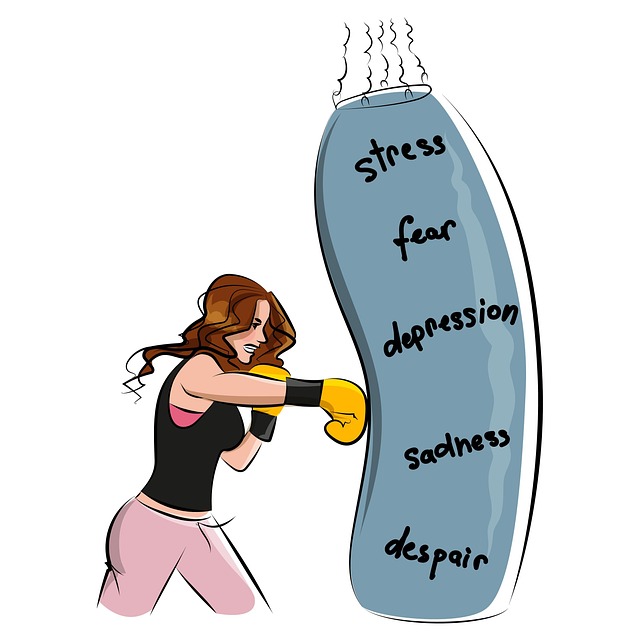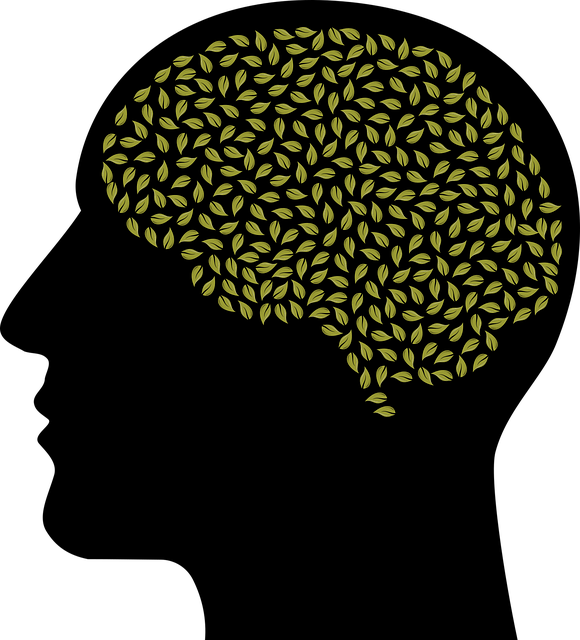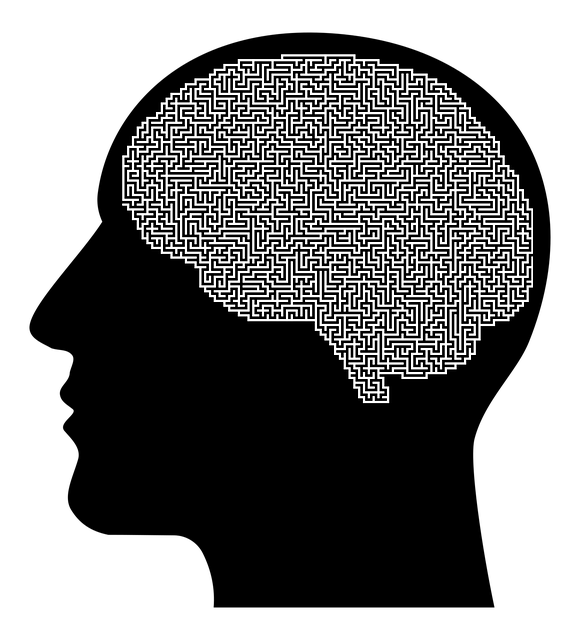Adolescence and early adulthood are high-risk periods for substance abuse due to factors like peer pressure, identity formation, and developing brains. Golden Adolescent and Teen Therapy (GAT) offers a proactive solution with Mental Health Education, Crisis Intervention, and holistic support. GAT combines evidence-based practices like CBT and MI, empowering teens with emotional regulation skills, building resilience against peer pressure, and reducing mental illness stigma. Through open communication at home and mental wellness programs in schools, adolescents can be equipped to navigate risks and foster long-term well-being.
Substance abuse among adolescents and teens is a pressing concern, with potential long-term consequences. This article explores comprehensive risk reduction strategies to combat this issue. We delve into understanding the unique risks faced by young individuals, emphasizing the critical role of early intervention as a cornerstone of prevention. Discover evidence-based therapies that have proven effective in mitigating risks, alongside creating supportive environments at home and school, featuring insights from Golden Adolescent and Teen Therapy experts.
- Understanding Substance Abuse Risks in Adolescents and Teens
- Early Intervention: A Cornerstone of Risk Reduction Strategies
- Evidence-Based Therapies for Effective Risk Mitigation
- Fostering a Supportive Environment at Home and School
Understanding Substance Abuse Risks in Adolescents and Teens

Adolescence and early adulthood are periods of significant growth and development, but they can also be times of increased vulnerability to substance abuse. Understanding the unique risks faced by teens is crucial for implementing effective prevention strategies. Many adolescents experiment with substances due to peer pressure, a desire to fit in, or a means to cope with stress and emotional challenges. This period of life often involves forming identities and exploring independence, which can lead to risky behaviors if not guided properly. The brain’s development during these years is also a factor; it continues to mature, affecting decision-making abilities and impulse control.
Golden Adolescent and Teen Therapy focuses on early intervention and support to mitigate these risks. By incorporating Mental Health Education Programs Design, teens learn about the potential consequences of substance abuse, fostering better decision-making skills. Crisis Intervention Guidance can equip young individuals with tools to handle stressful situations without resorting to drugs or alcohol. Moreover, building confidence through various activities and techniques may deter teens from seeking substances as a means of self-soothing or social acceptance. A holistic approach that addresses emotional well-being, provides mentorship, and offers safe spaces for open dialogue is key to reducing substance abuse risks in this demographic.
Early Intervention: A Cornerstone of Risk Reduction Strategies

Early intervention plays a pivotal role in any risk reduction strategy for substance abuse, especially when targeted at adolescents and teens. This critical period is characterized by heightened vulnerability to peer pressure, curiosity, and the developing brain’s sensitivity to reward systems. Golden Adolescent and Teen Therapy (GAT) programs are designed to capitalize on this window of opportunity, addressing potential issues before they escalate into full-blown substance abuse disorders. By integrating evidence-based practices tailored to the unique needs of teens, GAT can help foster healthy emotional regulation, build resilience against peer influence, and initiate confidence-boosting strategies.
Furthermore, early intervention not only prepares young individuals with coping mechanisms but also contributes significantly to Mental Illness Stigma Reduction Efforts. Normalizing open conversations about mental health and substance abuse breaks down societal barriers, encourages seeking professional help without fear of judgment, and promotes a supportive environment where emotional expression is valued. This, in turn, can lead to better outcomes not only for individual teens but also for the broader community by reducing the burden of untreated or undiagnosed conditions.
Evidence-Based Therapies for Effective Risk Mitigation

Evidence-Based Therapies play a pivotal role in mitigating risks associated with substance abuse, especially among adolescents and teenagers. Golden Adolescent and Teen Therapy (GATT) is renowned for its effectiveness in addressing the unique challenges faced by this demographic. GATT incorporates various evidence-based practices tailored to foster mental wellness and emotional regulation. These include Cognitive Behavioral Therapy (CBT), which helps individuals identify and change negative thinking patterns, and Motivational Interviewing (MI), a client-centered approach that enhances motivation for behavior change.
The Mental Wellness Podcast Series Production has further amplified the reach of these therapeutic methods by making accessible content focused on positive thinking and emotional regulation. Through engaging discussions and expert insights, these podcasts not only educate but also inspire teens to adopt healthier coping strategies. By combining evidence-based therapies with modern communication tools, we empower young individuals to navigate risks effectively, ultimately contributing to their long-term success and well-being.
Fostering a Supportive Environment at Home and School

Creating a supportive environment is key to preventing substance abuse among adolescents and teens. At home, parents can foster a healthy atmosphere by openly communicating expectations and consequences regarding drug use. Regular family meetings, where everyone has a voice and feels heard, can strengthen bonds and encourage honest discussions about potential risks and challenges. This open dialogue helps in building resilience and promoting mental wellness from an early age.
Schools play a pivotal role in this process as well. Implementing emotional healing processes and mental wellness coaching programs can equip students with the necessary tools to navigate stress, anxiety, and peer pressure. By integrating these initiatives into their curriculum, schools can create a supportive environment that nurtures both academic success and overall emotional health. Such measures can significantly reduce the likelihood of substance abuse, especially when coupled with effective Golden Adolescent and Teen Therapy practices.
Substance abuse among adolescents and teens is a complex issue, but with comprehensive risk reduction strategies, we can empower young people to make healthier choices. By implementing early intervention programs, evidence-based therapies like Golden Adolescent and Teen Therapy, and fostering supportive environments at home and school, we can mitigate risks and create a brighter future for our youth. These strategies not only address the immediate challenges but also build resilience, promoting long-term well-being and reducing the likelihood of substance abuse in later life.
